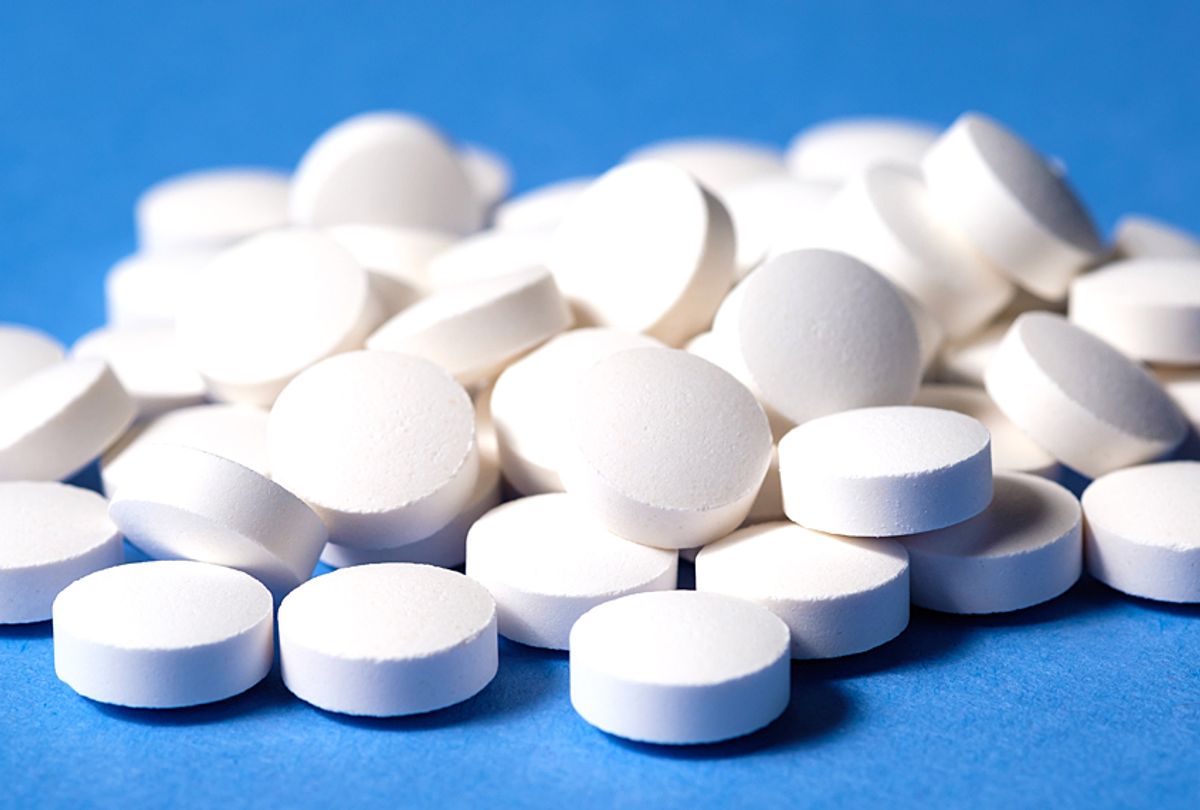The nation's three largest drug distributors arrived at a tentative, late-night settlement over their role in the prescription opioid epidemic in the final hours before the first federal trial on the national health crisis was scheduled to start.
The settlement with plaintiffs Cuyahoga and Summit counties in Ohio, worth $260 million, was reached with the "Big Three" distributors AmerisourceBergen, Cardinal Health and McKesson, as well as the Israeli-based drug manufacturer Teva Pharmaceuticals. The plaintiffs in the case were two counties in Ohio.
Across the country, drug manufacturers, distributors and sellers are facing lawsuits brought by state and local governments, Native American tribes, hospitals and more over the opioid crisis, which has claimed the lives of more than 400,000 people over the past two decades.
U.S. District Judge Dan Polster, who is presiding over the barrage of lawsuits, has been pushing the parties toward a settlement of all the lawsuits.
While the trial involved only two counties in Cleveland — Cuyahoga County and Akron's Summit County — it was seen as a crucial test trial meant to help outline a broader settlement of some 2,600 lawsuits pending over the heartache and suffering which opioids have brought upon the country.
In 2017, Ohio had the second-highest rate of drug overdose deaths involving opioids, behind only West Virginia.
Under the terms of the deal, the Ohio counties would immediately receive a combined $215 million in cash from the drug distributors. Teva would contribute $20 million in cash over two years and another $25 million in anti-addiction medications.
The agreement does not include a fifth defendant, Walgreens, the drugstore chain which was sued over its distribution operation. The Walgreens trial has been postponed.
Separately, the small distributor Henry Schein announced Monday morning that it had reached a deal worth $1.25 million with Summit County. The company was not named in the Cuyahoga lawsuit.
In a statement, the three major distributors said the settlement funds should be used "in support of initiatives to combat the opioid epidemic, including treatment, rehabilitation, mental health and other important efforts." They added that they remain "deeply concerned about the impact the opioid epidemic is having on families and communities across the nation — and are committed to being part of the solution."
The two Ohio counties had asked for nearly $8 billion. They accused the drug companies of creating a "public nuisance" which harmed health and safety by engaging in aggressive and deceptive marketing tactics by overstating the benefits of opioids and downplaying their risks. They have also claimed that the companies, motivated by profits, failed to control a surge of legal pain pills from flooding the country and spilling into the black market.
The drug companies have denied wrongdoing, arguing that they delivered legitimate medications to suffering patients and complied with regulations set by the Drug Enforcement Agency and the Food and Drug Administration.
Purdue Pharma, the maker of Oxycontin, the highly-addictive drug widely seen as triggering the opioid epidemic, reached a tentative settlement last month which could be worth up to $12 billion. But half the states and hundreds of local governments oppose it. The deal remains subject to the approval of the judicial system.
In August, an Oklahoma judge found that health care giant Johnson & Johnson helped fuel the opioid crisis and ordered the company to pay the state $572 million on a public nuisance claim. After a seven-week trial, Judge Thad Balkman said the company had spread "false, misleading, and dangerous marketing campaigns" which had "caused exponentially increasing rates of addiction, overdose deaths" and babies born exposed to opioids. Johnson & Johnson has appealed the decision.



Shares